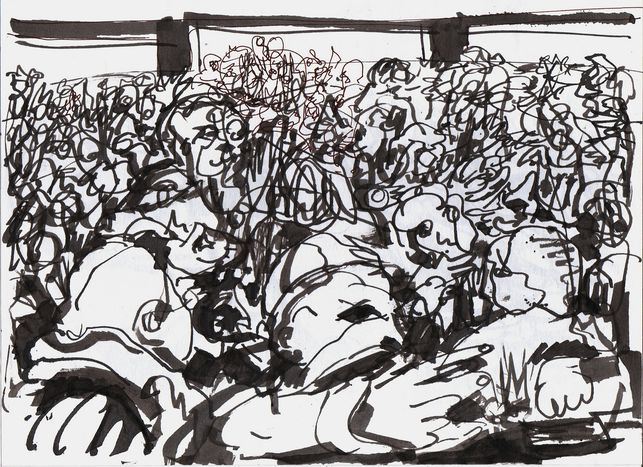
DOSSIER : Decentralization
Published on
1 – The Regional Fact and French style Decentralization – How is it perceived by our European partners? While everybody talks about it, nothing is done. Here is a long lasting paradox: territorial planning in France and more precisely, the distribution of responsibilities between the different administrative levels meant to apply local policies.
Commissions called for by President Sarkosy and the Attali Report were meant to brainstorm on these matters but neither brought forward any precise answers nor concrete decisions however.
It is indeed sometimes quite difficult to find one’s way amidst the different structures and their respective competences. In recent years, the traditional duo Department/County seems somewhat weaken by the rise of the intercommunity system and the ‘Pays’ (Land). Regions are apparently preserved although their role within the French territorial organisation is not all that clear.
In light of this, how does it work elsewhere in Europe and how do our neighbours perceive the French situation?
In Federal Germany, for example, the states or landers, are highly autonomous. They legislate and decide autonomously on matters related to education and police. Each land has its own constitution, its own parliament and its own government, underscoring strongly the regional fact. Below the landers level are the Kreise (Circles in German) and the Gemeinden (counties). The Kreise are an intercommunal organisation specific to small to medium size cities. Gemeinden for rural areas, have no prerogatives. The Kreize are quite similar to our own intercommunal system except for one major difference: their representatives are elected through public elections by universal suffrage, which is not the case in France.
In light of this federal and autonomous organisation, how do our German neighbours feel about our local political organisation?
According to Professor Klaus Kunzmann, Director of the Department for Urbanism and Territorial Planning at Dortmund University, it is sometimes difficult to understand how responsibilities are shared between rural Intercommunities, Pays and Departments. He finds it often inefficient and unclear, admitting however that, in some territories, this organisation finds its logic in the French tradition issued from the Age of Enlightment and Republican values.
Germans see France as a highly centralised country in which the regional fact can only be seen through provinces vectors of traditions and tourism but with a no political dimension. They also are quite amazed by the great number of counties and departments. And in the end, they find that the notions of decentralisation or territorial planning are specifically French.
Germany feels no need to specifically mention these notions because it is in essence a decentralised nation with its federal structure. Centralisation is actually considered a negative notion in Germany; it is a reminder of the Nazi period when the decision power was centralized in Berlin, then capital of the third Reich.
Marc Terrisse
Frédérique Destribats



